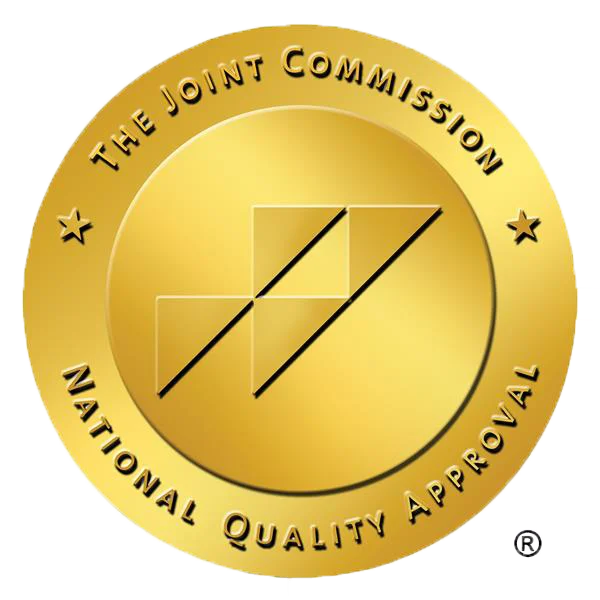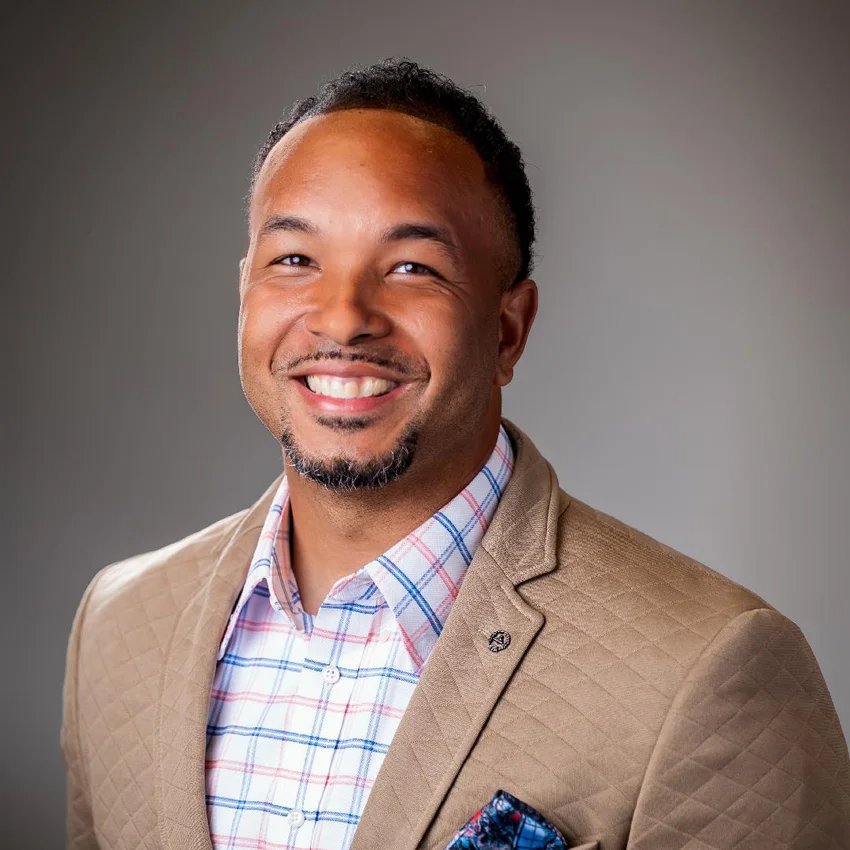Addiction doesn’t only impact the person struggling—it affects the entire family. At Oak Grove Recovery, we offer addiction therapy programs like family therapy because healing works best when it includes everyone. When families are supported and heard, recovery becomes stronger, more sustainable, and more connected.
Whether you’re a parent, spouse, sibling, or adult child, you have a vital role in your loved one’s journey. And you deserve support, too.
Why family healing is a major part of recovery
Substance use can strain even the strongest family relationships. Trust is often broken. Communication breaks down. Roles within the family shift in ways that create tension, confusion, or resentment. While everyone may be hoping for change, few know where to start.
Family therapy for addiction helps everyone affected by addiction begin to heal together. It’s not about blaming anyone—it’s about listening, learning, and rebuilding. Sessions are led by licensed therapists who understand the complexity of family dynamics and guide each conversation with compassion and care.
Participating in family therapy gives your loved one a better chance at long-term recovery—and it gives you space to process your own experience, too.
Participating in family therapy gives your loved one a better chance at long-term recovery
and it gives you space to process your own experience, too.
What is family therapy?
At Oak Grove Recovery, family therapy is a key part of our integrated care model. We understand that addiction can change the way families communicate, function, and relate to each other. Sometimes, unspoken pain or misunderstandings pile up over the years, and family therapy creates the space to start untangling those layers, one conversation at a time.
Before sessions begin, your loved one’s treatment team will work with you to help set expectations. You may receive educational materials or attend family orientation sessions to better understand how addiction impacts behavior and emotions. From there, a licensed therapist will guide your sessions, helping the family explore difficult topics in a way that is productive and respectful.
Who can participate?
Family therapy helps heal and strengthen relationships while addressing addiction. It offers a safe space for families to work together, fostering understanding and supporting recovery as a team. Participants may include:
Parents and guardians
Siblings
Spouses and partners
Children (age-appropriate participation)
Extended family members, such as grandparents or aunts and uncles
Close family-like support figures
Family therapy is a structured counseling session involving one or more family members alongside the person in treatment. A licensed therapist facilitates the session to ensure it’s a safe and supportive space for all participants.
Family therapy for addiction may focus on:
- Rebuilding trust and communication
- Addressing patterns like enabling or codependency
- Clarifying boundaries and expectations
- Educating families about addiction and recovery
- Creating shared goals for healing and support
These sessions help families move from reaction to understanding. You’ll learn tools to navigate difficult conversations, set healthy boundaries, and support recovery without losing yourself in the process.
Family therapy is available during inpatient treatment and may continue through aftercare, depending on the needs of each family.
Common goals of family therapy
Family therapy is tailored to your family’s specific needs and experiences. Some families come in with lots of questions. Others come in with years of silence or conflict. No matter where you’re starting, our goal is to help everyone feel heard, respected, and empowered to move forward in a healthier way.
Every family is different, and so are their goals in therapy. But some of the most common objectives include:
Improving communication
Learning how to express concerns in ways that build connection
Restoring trust
Acknowledging past hurts and working toward forgiveness and accountability
Setting boundaries
Creating healthy guidelines that support recovery and protect individual well-being
Understanding family roles
Identifying how addiction has shaped behaviors and expectations within the family
Reinforcing positive support
Finding ways to encourage your loved one without enabling substance us
In therapy, you’ll also explore how addiction has impacted your own mental and emotional health. Healing isn’t just for the person in treatment—it’s for everyone involved.
The role of family therapy in addiction recovery
Families often ask: Is it really worth getting involved in treatment? What if things are too broken to fix? These are understandable concerns. The truth is, your involvement can make a meaningful difference—even if things feel messy or uncertain right now.
Research shows that when families participate in treatment, outcomes improve significantly. People in recovery are more likely to stay engaged in treatment, avoid relapse, and rebuild meaningful lives when they feel supported—not just by professionals, but by the people closest to them.
You may be wondering: Will therapy really help us reconnect? Will it fix everything? The truth is, therapy isn’t about quick fixes—it’s about building something new, together.
Family therapy for addiction helps make recovery a shared experience. It encourages open dialogue, mutual accountability, and emotional honesty. When families engage in therapy, they often find that the healing extends far beyond addiction. It touches old wounds, deepens empathy, and rebuilds a sense of trust that’s been lost.
Here’s what to expect:
- Sessions led by licensed therapists trained in family systems and addiction recovery
- A respectful space where each voice is heard
- Conversations focused on the present and future—not just the past
- Integration with your loved one’s broader treatment plan, including addiction therapy programs and addiction treatment programs
Therapy doesn’t erase the pain addiction has caused, but it helps make sense of it—and shows a path forward.
Rebuilding starts here
Family therapy isn’t about placing blame or reliving every painful moment; it’s about understanding how the past has shaped the present and learning how to support each other better moving forward.
Whether your loved one is in detox, inpatient treatment, or continuing care, it’s never too late to start the healing process. You’ll gain tools for managing stress, improving boundaries, and creating healthier communication—not just with your loved one, but in your family as a whole.
If addiction has shaken your family, you’re not alone. It’s okay to feel hurt, scared, confused, or unsure of what comes next. Family therapy offers a place to work through those feelings while learning how to show up for your loved one and yourself.
You don’t have to be perfect. You just have to be willing.
Ready to take the next step in healing together?
Call us directly at 614.324.8137 or connect with us online today to learn more about how family therapy at Oak Grove Recovery can help you and your loved ones. Take the first step toward building stronger connections, fostering understanding, and creating a path to healing. Support starts with understanding. Healing starts here—reach out now.

